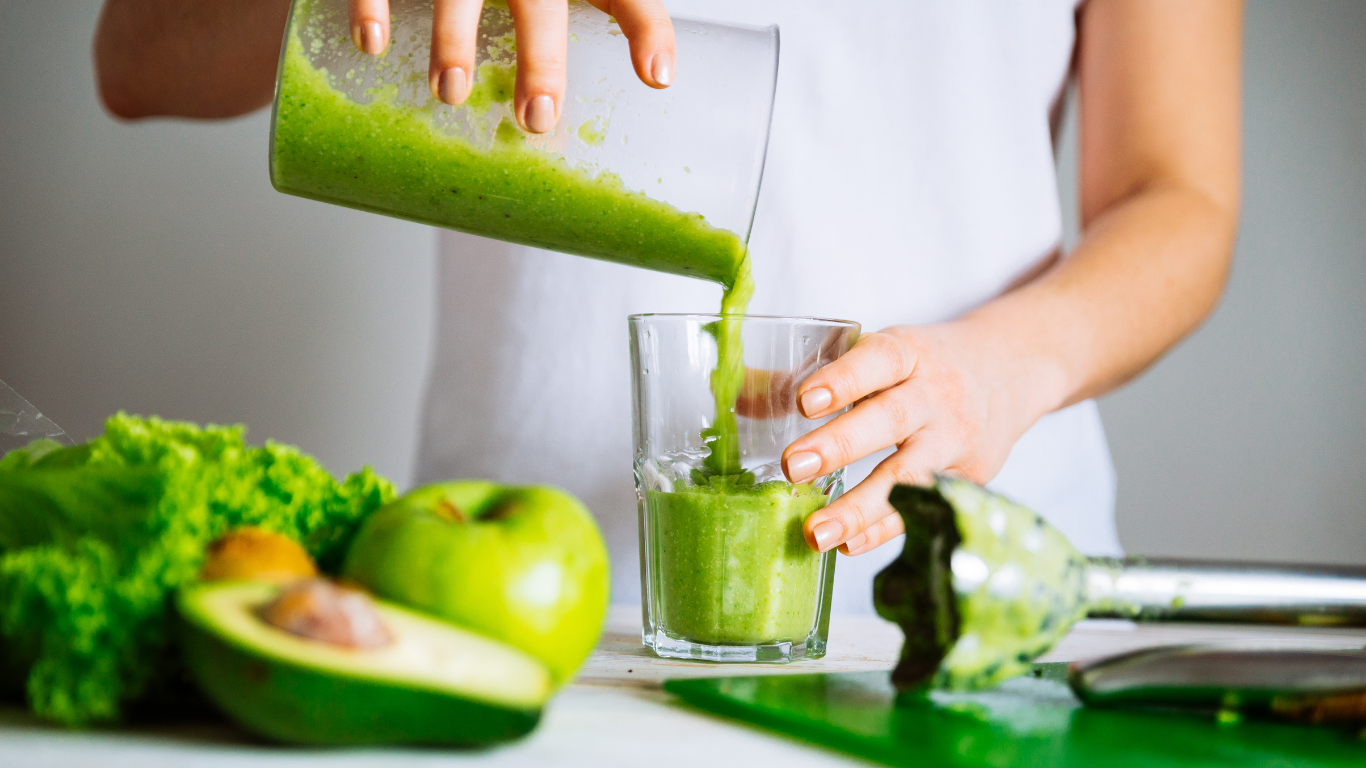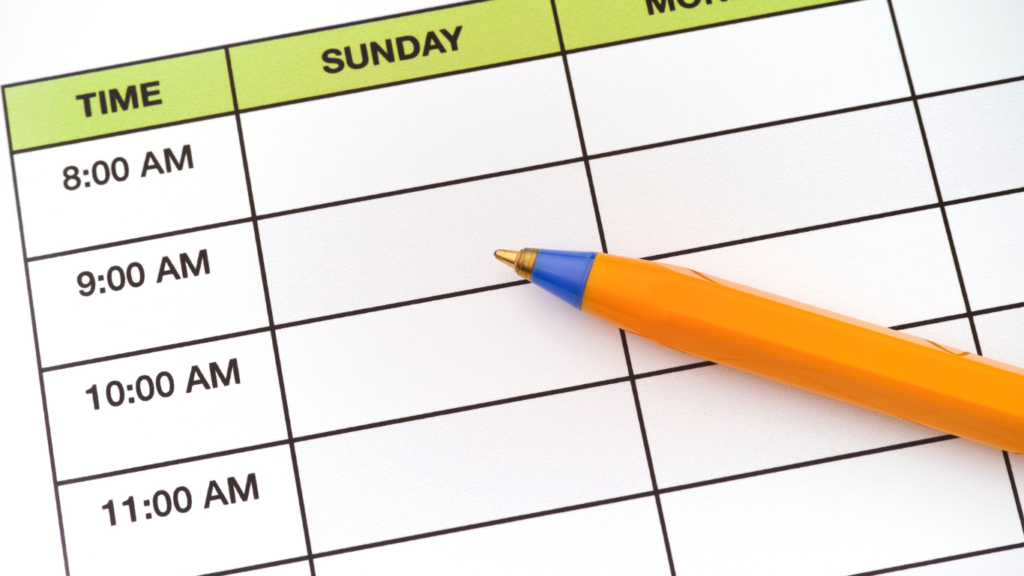Navigating the Challenges: Coping Strategies for Tough Days in Detox
Statistics show that in 2021, around 130,490 adults sought treatment for substance and alcohol abuse in the UK. All treatment programs require an alcohol detox as it creates a strong foundation for long-lasting recovery by increasing responsiveness to treatment. However, withdrawal symptoms experienced during detox can be quite uncomfortable.
It’s why treatment programs call for medically assisted detox, which makes the process safer. In addition to receiving medical care when needed, you’re also prescribed medication to alleviate the withdrawal symptoms. But even then, there will be tough days during detox when you’re overwhelmed by the urge to have a drink. In these times, trying the following coping strategies can help:
Assess Your Eating Habits
Sticking to a balanced diet is a critical part of the addiction treatment process for two reasons. Firstly, long periods of alcoholism can contribute to nutritional deficiencies, and secondly, the food you eat has a major effect on how you feel.
Some foods, such as those rich in B vitamins, amino acids, and omega-3 fatty acids, can support detox efforts by stabilizing your mood and improving mental health. On the other hand, addictive foods that contain excessive sugar and unhealthy fats can exacerbate withdrawal symptoms.
Keep Yourself Hydrated
During detox, staying hydrated by drinking plenty of water and electrolyte drinks is essential. Since alcohol is a diuretic and contributes to dehydration, your addiction takes a toll on your kidneys. Therefore, staying hydrated is crucial to the treatment process.
Staying hydrated also supports the detoxification process, which means removing traces of the addictive substance from your body. Being dehydrated not only impairs the detox process but affects how you feel. It’s linked to feelings of fatigue, depression and anxiety, which can cause cravings for alcohol.
Get More Exercise
Even though you may not feel up for it, getting exercise is an effective way to get through your tough days in detox. Studies prove that exercise stimulates the release of endorphins – feel-good chemicals that lift mood, alleviate stress and regulate sleep patterns. It’s important to remember that alcohol cravings during detox are tied to low mood, stress, and the inability to sleep.
Additionally, exercise indirectly supports your detox by enhancing organ function and keeping your kidneys and liver in good shape. And if you’re exercising at a weekly session or a neighbourhood class, you get the opportunity to build new relationships and gain support from a community.
Explore New Activities
Recreational activities, whether you choose a sport or creative endeavours like cooking, gardening, or painting, are a way to get your mind off alcohol. These activities allow you to experience pleasure without the need for alcohol, building a resilient emotional framework.
They also help you work on things like motor functioning and concentration – domains that are often impaired due to alcohol addiction. And just like exercise, you get the opportunity to build social skills by interacting with those around you. Bonding over a shared interest helps you take a break from worrying about uncomfortable withdrawal symptoms.
Practice Mindfulness
For many people, alcohol is a means of escaping unpleasant thoughts and emotions. But during detox, these negative thoughts come to the surface, affecting your mood and causing cravings. Practising mindfulness through activities like deep breathing, body scan, or walking/sitting meditation offers numerous benefits for the addiction recovery process.
Mindfulness reduces the intensity of negative emotions, like stress, anger, anxiety, and depression, by focusing on the present moment. You also realize that cravings are temporary and that experiencing them without labelling them as good or bad can prevent you from relapsing.
Stick To a Consistent Sleep Schedule
Due to its impact on physical and mental well-being, getting enough sleep is important for the detox process. Being sleep-deprived contributes to fatigue, which exacerbates feelings of depression and anxiety. These feelings, in turn, increase the risk of relapse.
Unfortunately, one of the symptoms of alcohol withdrawal is insomnia, which can mean spending the night feeling restless and wide awake. This is where your diet and exercise routine comes into play since they can help regulate your sleeping patterns. Nutrients like B vitamins can help regulate melatonin, which signals your body when it’s time to sleep. Meanwhile, exercise stimulates the release of endorphins, which can improve sleep quality.
Seek Emotional Support
Alcohol is a major part of people’s social lives. From joining colleagues for drinks after work to celebrating your best friend’s engagement with a bottle of champagne, for some people, alcohol is an essential aspect of connecting with others. Because of this, you may experience feelings of loneliness during detox. Don’t hesitate to reach out to support groups or build your own network of close friends and people who have started their journey to sobriety.
Building new relationships provides you with the opportunity to seek emotional support when you need it the most. It also allows you to practice your coping skills with others and learn from people who have been in a similar situation.
Keep a Journal
It’s common to feel overwhelmed with different emotions when you’re going through detox. Instead of internalizing these feelings, put them on paper. Writing is a cathartic activity that helps you cope with difficult emotions by becoming aware of them. Sometimes, you may not even know what to call these emotions. Even then, describing and putting them into words allows you to understand them better.
Conclusion
Alcohol detox is an important first step of the recovery process, but that doesn’t mean it’s easy. To get through tough days, you’ll need to practice coping strategies like mindfulness meditation, regular exercise, and writing in your journal. Trying out a new recreational activity, getting exercise, and building a support group are all ways to feel like you’re part of a community. Meanwhile, taking care of your health by eating the right foods, staying hydrated, and getting adequate sleep can support your detox and long-term recovery.



